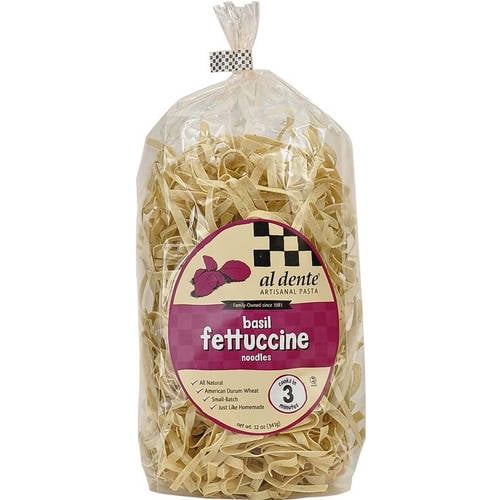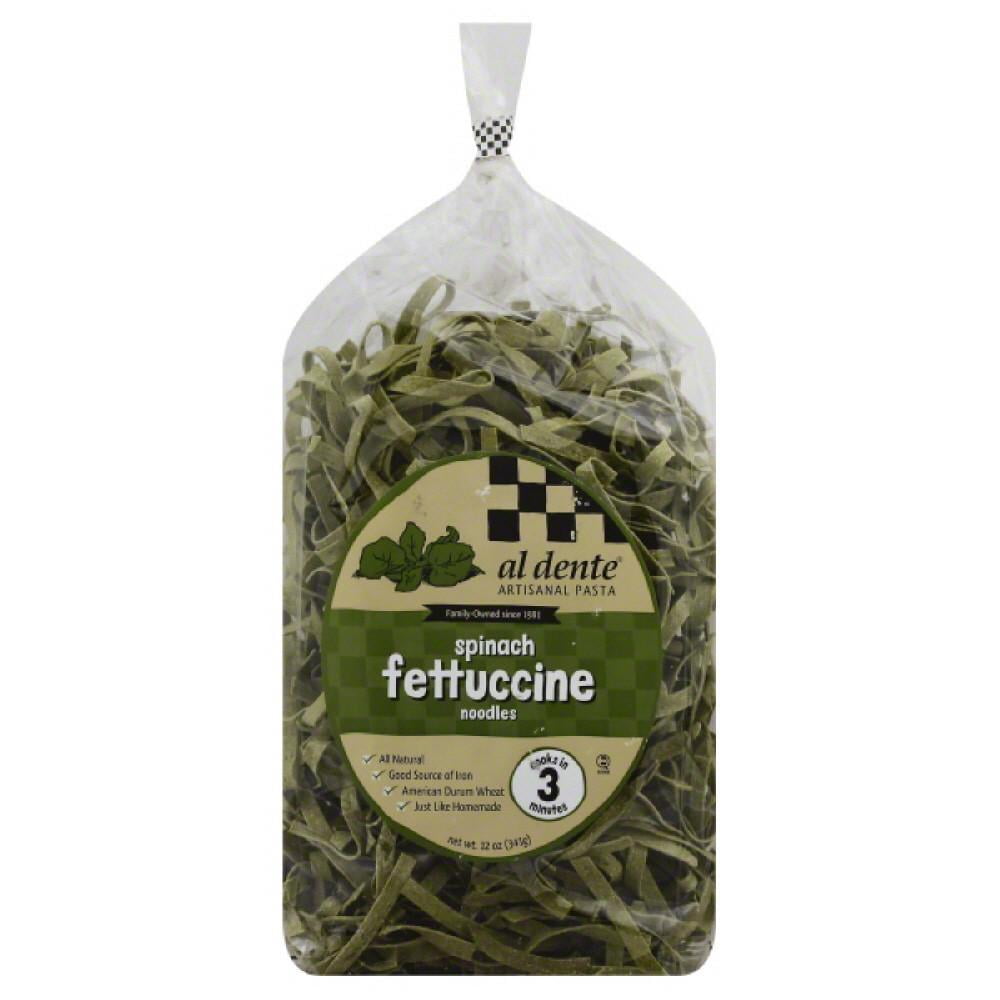


The pasta will continue to cook in the pan. Cook the pasta for 1 minute less than is indicated on the package.Continue stirring at regular intervals for the first 4 minutes. After the salt has dissolved, toss in the pasta.When the water begins to boil, add salt.Fill a large, tall pot with water and place over high heat.With regards to the actually cooking process, just be sure to follow these simple steps: These proportions guarantee that the pasta will have enough water to move around in during cooking and that the water will return to a boil shortly after the pasta is added. (Note that the order of the ingredients changes in the conversion.) Converted for American cooks, the rule should be 1/3, 3, 30, referring to 1/3 oz of salt, 3 oz of pasta and 30 oz of water. In Italy, the golden rule for cooking pasta is 1, 10, 100 or 1 liter of water, 10 grams of salt for every 100 grams of pasta. To begin with, you should keep in mind the right quantities. To be sure that your pasta is cooked correctly, it is enough to follow a few, simple rules. You should feel a slight resistance when chewing. Pasta must always be cooked until it is “al dente,” meaning cooked, but not to the point of becoming sticky. Do not believe what is written on the package. First of all, one must be sure to cook pasta just long enough. Pasta - Why Al Dente Is Really Good for You originally appeared on Oct 27, 2007, updated: © James Martin.Although cooking pasta may seem fairly straightforward, it is actually quite easy to make mistakes in the process. You never know when Shelley or the pasta police are gonna come calling. I gotta go now and clean the pasta off my ceiling. It’s a passion I miss in America.Īnd keep eating pasta. You’ll learn a lot about the passion Italians have for getting a simple thing exactly right. If you’re new to the idea of eating pasta in Italy, take a gander at What Italians Have Taught Me About Pasta. The water should be as salty as the sea around Naples (but not so, um, schifo, if you catch my drift). So, stop that gelatinazation you silly cooks! And puleeze add adequate amounts of salt to the water after it boils, just like it says in the post. If you overcook pasta it gets soft and swollen and you have fully “gelatinized” those starch granules and turned pasta into an energy drainer. The reason for its slow digestion and steady release of energy is “the physical entrapment of ungelatinized starch granules in a sponge-like network of protein molecules in the pasta dough.” That is something you don’t need to understand to get the good news that pasta can be good for your energy. Furthermore, pasta is unique in its physical make up.
#NOODLES ALDENTE CRACKED#
Pasta made with semolina is made from cracked wheat and not finely ground flour so it has a moderate glycemic index. Well, here’s the most concise reference I’ve found to describe the health benefits of al dente pasta from, of all places, Disabled World. I’ve also heard many a time that pasta cooked al dente is easier to digest. In any case, I came across a sentence in the post that I’ve always heard and wanted to check out: Fact is, there isn’t a little button that pops out of a grape at the right ripeness, unlike the one found embedded in the genetically bloated breast of an American turkey (that’s gotta hurt!) notifying the end user when the thing has been cooked to death so he can safely can eat the heat-ravaged flesh of his cheap bird no matter how many poisons it came in contact with in its sorry, caged life.) The side favoring American wines gloats that “European grapes never get a chance to ripen” while the European side purports to loath the over-ripe flabby nature of American wines. Some people’s teeth are more sensitive to pasta than others, evidently. It’s a matter of taste, even when Al is Dente. The post was spot-on, except for the fact that exact “ al dente”-an Italian phrase replacing “Mama Mia” on the all time Italian cliché hit list-is difficult to determine.

A while back I read a good discussion over at Unamericana a Roma, now defunct, titled “What Italians Have Taught Me About Pasta.”


 0 kommentar(er)
0 kommentar(er)
